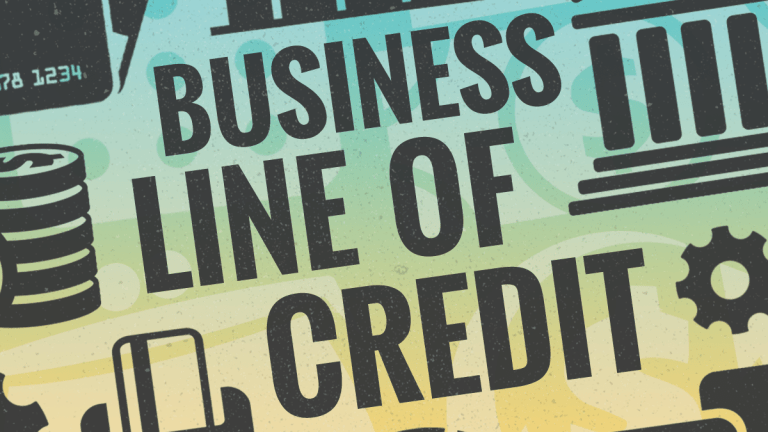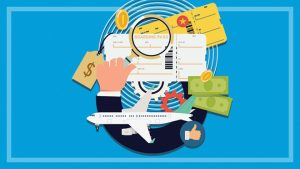
A business line of credit is a flexible, short-term finance option that allows you to borrow up to a pre-set credit limit whenever you need to access cash. You only pay interest on the money drawn down rather than the total credit limit, so it might be a cost-effective way to manage cash flow constraints for your business. Many small business owners use lines of credit to ensure they have the cash flow to pay all their bills and expenses on time. Read on to find out everything you need to know about business credit lines, including answers to FAQs.
Secured lines of credit vs unsecured lines of credit
A secured line of credit is secured by one of your business assets provided as collateral for the lender. This means that the lender is legally entitled to sell your asset to recoup any money you owe on your secured line of credit if you don’t make your repayments.
An unsecured line of credit on the other hand doesn’t require you to put any of your business assets up as security for the lender. Your business will usually need to have a good credit score to be eligible for unsecured business lines of credit. You should have a good business credit score if you pay all your business bills and loan repayments on time. Business credit cards are a common example of an unsecured credit line.
Secured lines of credit have lower interest rates than unsecured lines of credit because they are less risky for lenders.
Business loans vs lines of credit
Business loans are a finance alternative to a business credit line, but they work differently. When you take out a business loan, you borrow an amount upfront over an agreed term (usually anywhere from one to seven years) and agree to make regular repayments (e.g. every month).
If you want your business loan repayments to be less, you can take out a longer loan term. On the other hand, if you can afford higher repayments, you can take out a shorter loan term and you will pay less interest because the loan is repaid faster.
Like lines of credit, business loans can be secured or unsecured. Business loans are generally more suited for when you need to pay out a lump sum of money, like when you’re purchasing equipment, rather than managing cash flow (that a line of credit can help with). You can read more about business loans here.
Lines of credit are more flexible than business loans because you usually don’t have to make regular repayments. However, you do have to make sure you at least make the minimum repayment when it’s due. It can be a good idea to repay any money you borrow as quickly as possible because you’ll pay interest on the outstanding amount until it is repaid. However, if you’ve invested the borrowed funds in other areas of your business, you might find that you’re generating more income than you’re paying out in interest.
I need to pay interest, are there any other line of credit fees?
This depends on the lender. Some lenders charge line of credit establishment and ongoing fees, while others don’t. Our comparison page can help you do your research to find a lender with the lowest interest rate and low or no fees.
What do you need to apply for a business line of credit?
The main thing you will need to demonstrate is that you have the cash flow to afford your repayments. You should gather your most recent business financial statements (ideally prepared by your accountant), as well as copies of your most recent business tax returns and business bank statements.
If you want to get a lower interest rate, you also may need a business asset to provide to the lender as security.
A business line of credit (overdraft or business credit card) can be a suitable finance option to ensure your ongoing business cash flow, provided you use it wisely.






